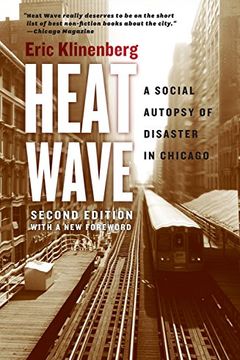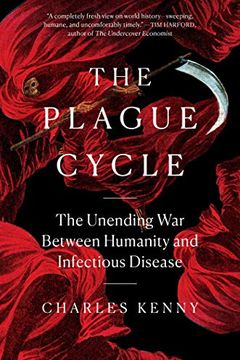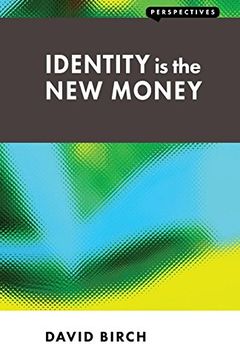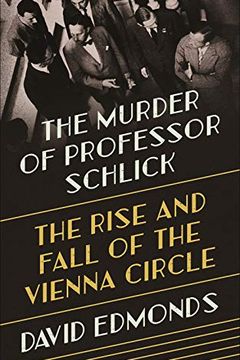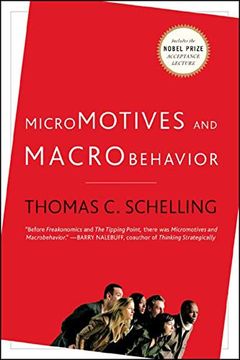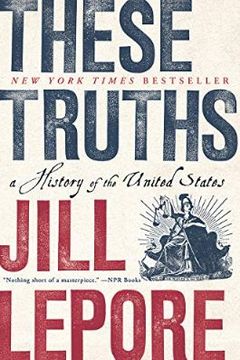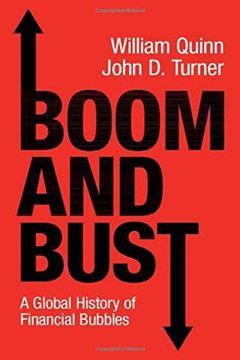12 books on the list
Sort by
Latest Recommendations First
Layout
This book examines the 1995 Chicago heat wave, one of the deadliest in American history, and how it was made worse by social, political, and institutional breakdowns in the city. Through years of research, including interviews and archival work, the author reveals surprising and unsettling forms of social breakdown that contributed to the high fatality rates. This incisive and gripping account highlights the contemporary urban condition and the challenges facing cities worldwide in the face of climate change.
Diane Coyle
2022-07-14T17:12:29.000ZRecommended by
Chris HayesDiscover the rich history of Tokyo's unique culture through the eyes of Anna Sherman in an engaging exploration of the city's great bells. From the shoguns' city to a modern-day coffee shop, this book delves into timeless themes of memory, impermanence, and life's haunting voices. Experience a journey that not only introduces readers to Japanese culture, but to a dazzling new writer.
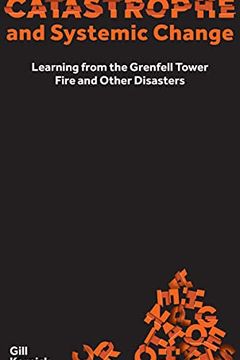
Catastrophe and Systemic Change
Learning from the Grenfell Tower Fire and Other Disasters
This book uses the Grenfell Tower tragedy as a case study to explore why we persistently fail to learn from catastrophic events and what it would take to enable real systemic change. It identifies the key challenges and conditions that inhibit learning and offers an accessible model for disrupting the status quo. A must-read for those interested in change management, leadership, policy-making, law, housing, construction, and public safety.
Diane Coyle
2021-05-26T17:07:35.000ZDiscover the fascinating history of mankind's battles with infectious disease in The Plague Cycle. This gripping read explores how plagues have influenced the size and vitality of cities, economies, and empires for over four thousand years. From exclusion methods like quarantining the sick to modern medicine, author Charles Kenny charts humanity's remarkable progress through history, economics, and public health. With climate and population fluctuations making us more vulnerable than ever to newly emerging plagues, urgent global cooperation is needed. This timely and vividly written book is perfect for fans of Yuval Harari's Sapiens and John Barry's The Great Influenza.
Diane Coyle
2021-03-31T08:05:03.000ZThe convergence of identity and money is explored in this thought-provoking book. With the help of social networks and mobile phones, author David Birch argues that we will soon be able to use our online social contacts as unique records of identity, replacing the need for cash altogether. Birch predicts that these changes will enhance privacy and security, and encourage the proliferation of digital currencies. Described by The Telegraph as 'one of the world's leading experts on digital money', this book is a must-read for anyone interested in the future of finance.
Explore the story of a group of brilliant philosophers in Vienna during a dark time in Europe's history. Follow the rise and fall of the Vienna Circle, led by the philosopher Moritz Schlick, and their philosophical movement to eliminate metaphysics and pseudoscience. Learn about the influential members of the group, including Ludwig Wittgenstein and Karl Popper, and their championing of logical empiricism. Discover why their philosophy was seen as a threat by the Austro-fascists and the Nazis during the outbreak of World War II. Delve into the true story of the murder of Professor Schlick, and how it impacted the Vienna Circle and their legacy. David Edmonds' The Murder of Professor Schlick is an enthralling must-read for philosophy enthusiasts and history buffs alike.
Diane Coyle
2021-01-27T20:00:33.000ZDiscover the unintended consequences of individual actions on large groups with this timeless exploration of the concept of "tipping" by Nobel Prize-winning author Thomas C. Schelling. Despite being over 25 years old, the stories in Micromotives and Macrobehavior remain as relevant and engaging as ever. Learn how seemingly small decisions can ultimately lead to significant outcomes for communities and societies as a whole through Schelling's analysis of social situations. This updated edition includes a new preface and acceptance speech for the Nobel Prize.
Explore the American past through a new lens with this groundbreaking history book. Renowned author Jill Lepore places truth itself at the heart of the nation's story, examining its three founding ideas of political equality, natural rights, and sovereignty of the people. But has America lived up to these truths? Lepore takes a deep dive into the state of politics, slavery, inequality, and technology. Engaging and thought-provoking, this book will forever alter your understanding of American history.
Diane Coyle
2020-11-28T19:07:48.000ZExplore the fascinating history of financial bubbles and discover why stock and housing markets experience booms and busts more frequently than ever before. Travel through time and across the world with authors William Quinn and John D. Turner, from Paris and London in 1720 to Shanghai in the 2000s. Learn why bubbles occur, the catastrophic consequences they can have, and how to predict future ones. Discover how bubbles start and why some have actually benefited society in this riveting ride through financial history.
Frank Ramsey by Cheryl Misak
The Republic of Beliefs by Kaushik Basu
The Name of the Rose by Umberto Eco
